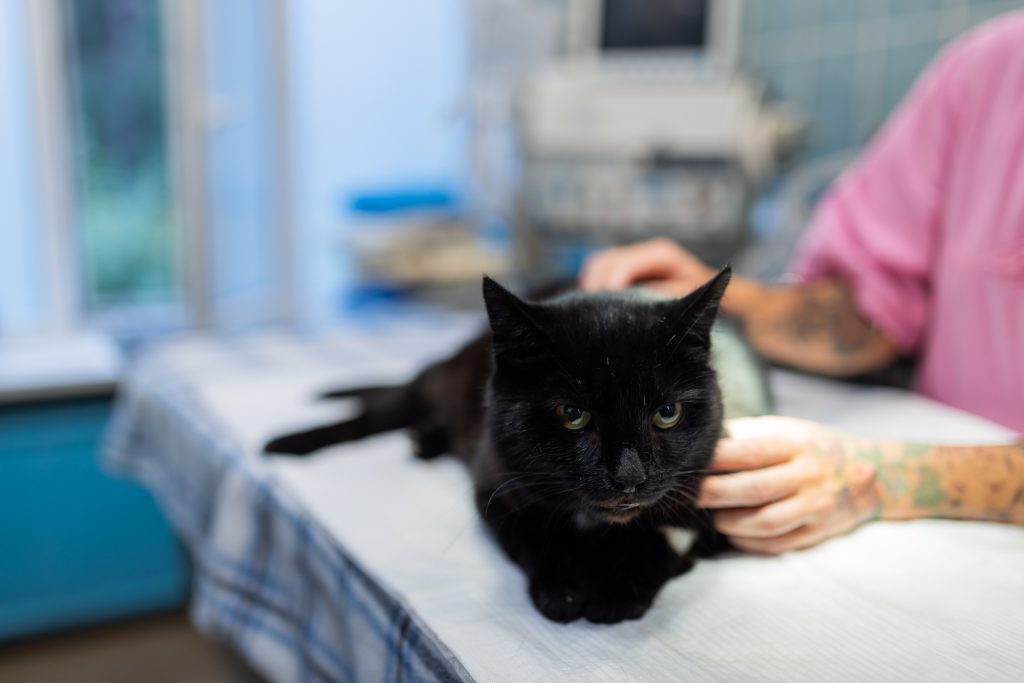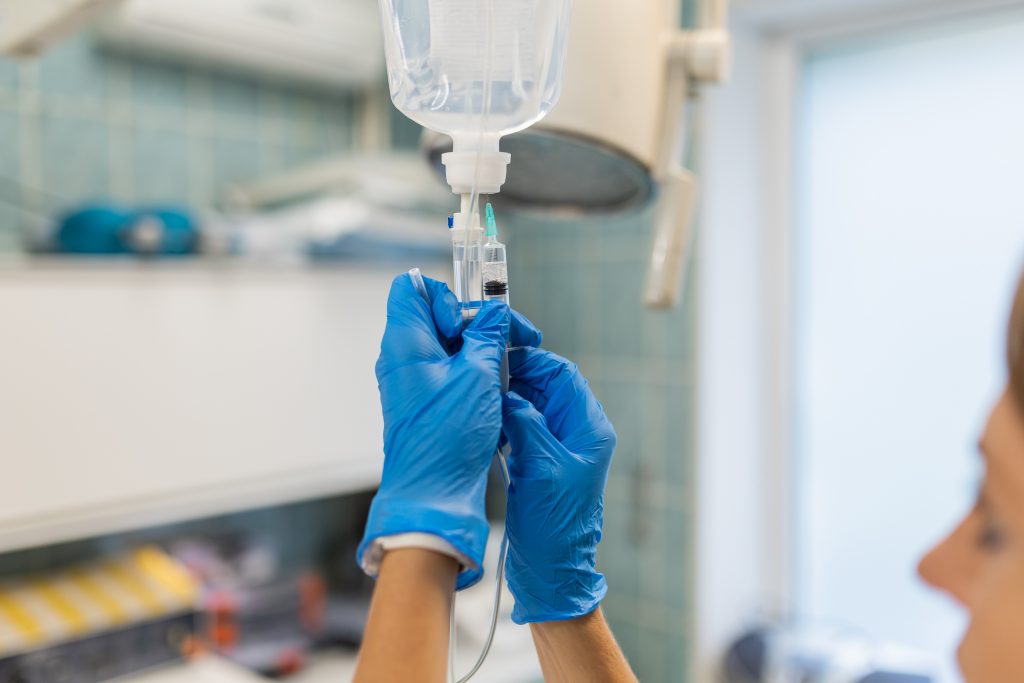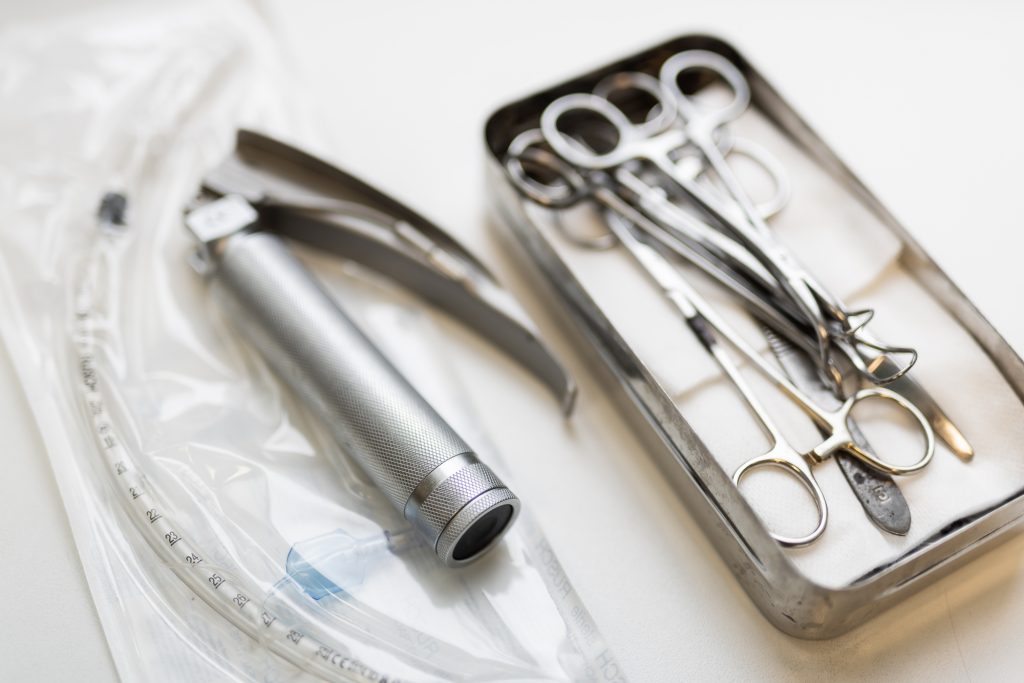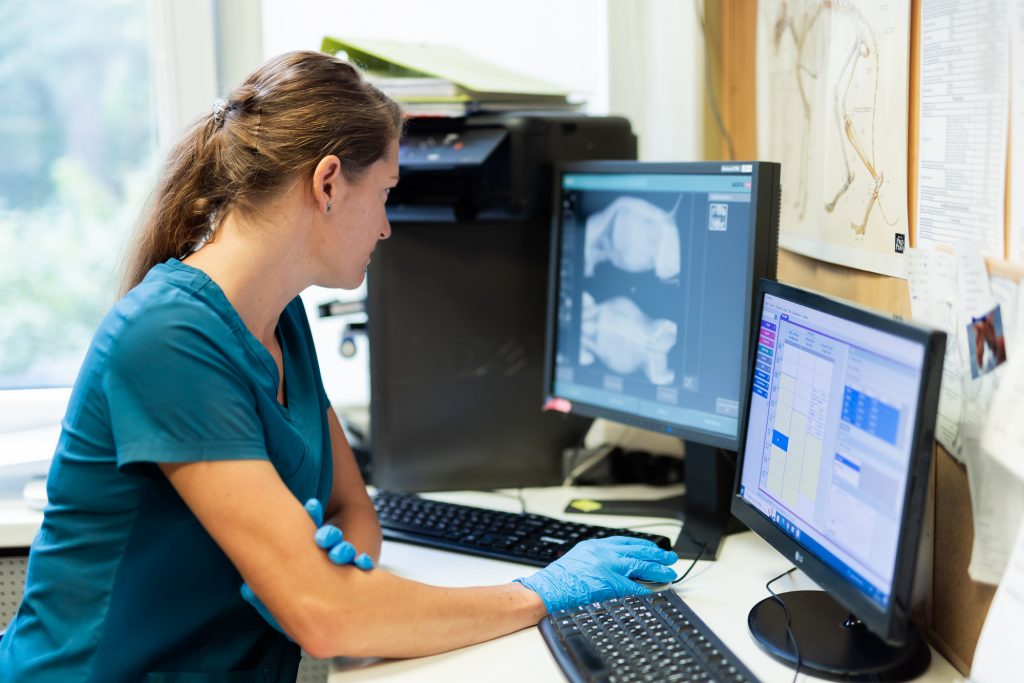Therapy
Veterinary therapy is the primary type of medical care provided by veterinarians to animals. It includes the diagnosis, treatment, and care of sick animals. Treatment may involve the use of medications, dietary changes, physiotherapy, hydrotherapy, and other methods.


Procedures
Veterinary procedures are various medical manipulations performed to restore animal health or prevent diseases. These can include coat and skin care procedures, hygiene procedures, nail trimming, ear cleaning, and others.
Surgery
Veterinary surgery is a branch of medicine that deals with the surgical treatment of animals. A veterinary surgeon can perform various operations, including abdominal, thoracic, head and neck surgeries, as well as surgeries for tumors, injuries, and other conditions.

Ultrasonography
Ultrasonography is a diagnostic procedure that uses ultrasound waves to create images of internal organs. This procedure is used to diagnose pregnancy, abdominal, heart, and other organ diseases.
X-ray
Veterinary radiology is a diagnostic method that uses X-rays to create images of internal organs. X-rays can be used to diagnose various conditions, such as bone diseases, lung diseases, various fractures, and other organ issues.


Vaccination and Microchipping
Veterinary vaccination is the process of administering a vaccine to an animal to prevent certain infectious diseases. Microchipping involves inserting a microchip under the animal’s skin to help identify the animal’s owner if it gets lost. Vaccination and microchipping are important methods for disease prevention and animal safety.
Laboratory
A veterinary laboratory is a place where various tests are conducted to diagnose animal diseases. Blood, urine, feces, and other biological materials can be examined in the laboratory. These tests help the veterinarian determine the presence of diseases and prescribe the appropriate treatment.
Oncology Clinic
An oncology clinic is a place where animals receive specialized medical care for cancer. The clinic is staffed by oncologists who diagnose and treat animal cancer using modern methods and technologies. The oncology clinic can also provide chemotherapy, radiation therapy, and other cancer treatments for animals.
FAQ (Frequently Asked Questions)
What are the signs that indicate my pet is not feeling well?
Signs that your pet may not be feeling well include loss of appetite, vomiting, diarrhea, loss of activity, behavioral changes, and symptoms of pain.
What should I do if my pet has eaten something harmful?
If you suspect that your pet has eaten something harmful, contact your veterinarian as soon as possible. Do not attempt to induce vomiting or administer any medication without consulting the veterinarian.
What vaccinations are necessary for my pet when traveling abroad?
When traveling abroad, rabies vaccination is mandatory. However, depending on the destination country, additional vaccinations against other diseases may also be required.
Can I prevent my pet from getting sick?
You can help prevent your pet from getting sick by ensuring they eat a healthy diet, get enough exercise, regularly visit the veterinarian, and are properly vaccinated.
What other precautions can I take to protect my pet from diseases?
You can regularly clean and disinfect your pet’s living area, maintain hygiene, avoid contact with sick animals, and provide your pet with appropriate additional protection, such as using flea and tick repellents.
How often should I brush my pet's teeth?
It is recommended to brush your pet’s teeth at least once a day using a special toothbrush and pet toothpaste.
How can I tell if my pet is suffering from allergies?
Signs of allergies in pets can include itching, skin rashes, redness, watery eyes, sneezing, and coughing. If you observe these symptoms in your pet, contact your veterinarian for diagnosis and treatment.u.
What should I do if my pet is having bladder problems?
If your pet is having bladder problems, such as frequent urination, blood in the urine, or pain during urination, contact your veterinarian for diagnosis and treatment.
Take care of your pet's health: contact us now!
Can’t find the veterinary service you’re looking for on our page? Contact us! We will help you find the right solution for your pet.
